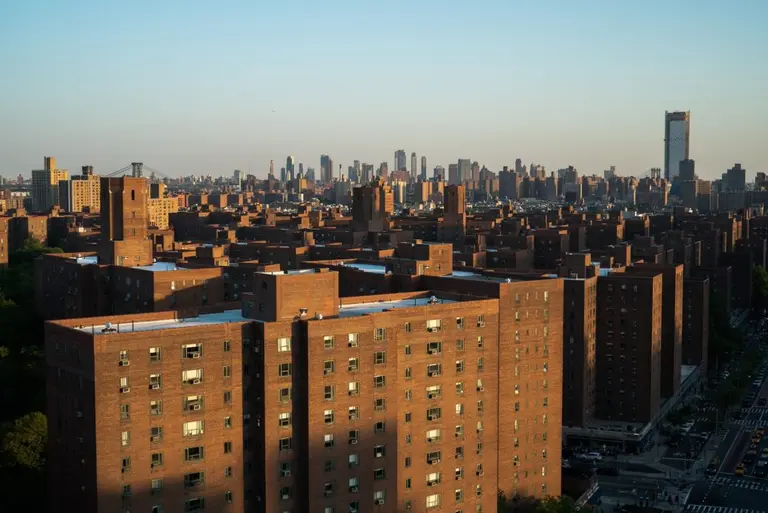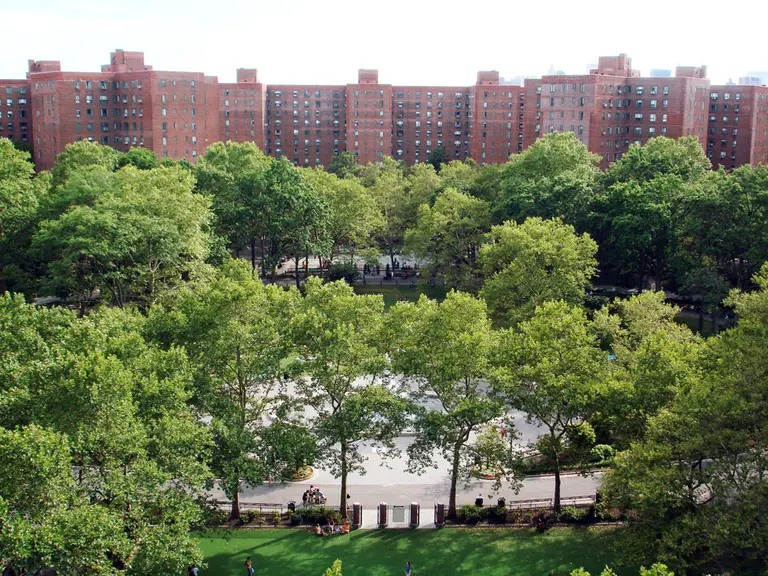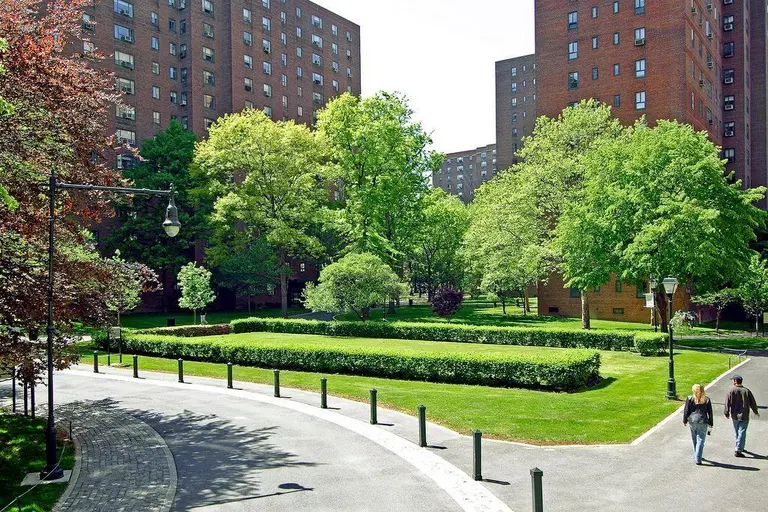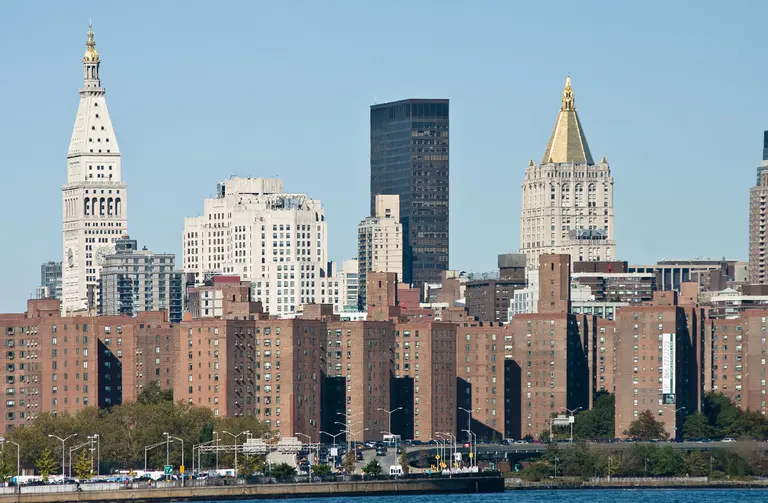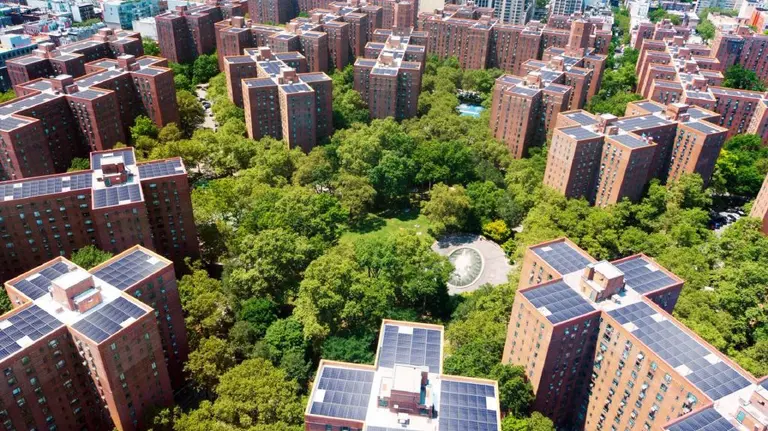Blackstone halts improvement work on Stuy Town apartments following rent law changes

Via StuyTown Property Services
As 6sqft reported last month, the state recently passed legislation containing landmark changes to rent regulations that were set to expire, significantly strengthening New York’s rent laws and tenant protections. Private-equity giant Blackstone Group, who purchased the massive 11,000+ unit Stuyvesant Town and Peter Cooper Village apartment complex for $5.5 billion in 2015, is among landlords who say the new rent regs will keep them from making important property upgrades, Crain’s reports. Blackstone says it is pausing apartment renovations and other planned work at Stuy Town and Peter Cooper Village as a result of rule changes which dramatically limit the allowable rent increases landlords can charge as a result of renovations and repairs.
A source said renovations to vacant units, as well as possibly larger construction projects, would be halted, though urgent repairs such as fixing leaks or hot water service–required by law—would continue to be made. A spokeswoman for Blackstone said in a statement: “In light of the recent legislation, we are in the process of evaluating capital investments at Stuy Town.” She declined to name any specific renovations that would be halted; records show that Blackstone has recently renovated or is in the process of renovating several apartments in the complex that were most likely vacant.
The new rent regulations removed the vacancy bonus and capped the amount landlords could spend on renovations to $15,000 per 15-year period. Landlords are complaining that the new rules discourage investment in the city’s stock of affordable apartments.
Prior to the regulation changes, landlords could increase rent by about 20 percent when a unit was vacated, and owners of buildings with more than 35 units could tack on an increase equal to 1/60th of renovation costs (1/40th in buildings with 35 or fewer units). Owners often used those increases as a way to push rents high enough to be able to charge market rate. The new rules also limit rent increases based on major capital improvements (MCIs) like new roofing, boiler systems or common-area upgrades to 2 percent a year.
[Via Crain’s]
RELATED:
- Latest StuyTown lottery provides ‘affordable’ apartments for single people earning $120K
- New York reaches major deal to strengthen rent and tenant protections
- Real Estate groups plan to file lawsuit if rent reform law passes
- Since 1993, NYC has lost 152,000 regulated units after landlords increased rent, report says
